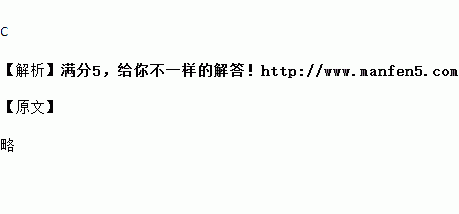题目内容
A. B.
B. C.
C.
练习册系列答案
相关题目
假设你是Leo,你的好朋友Peter邀请你周五去参加晚宴,但是你很忙。请你根据下面的时刻表,表达你对他邀请的感谢,告诉他你很忙不能参加聚会,并陈述不能参加的理由。要求书写工整,句意连贯,词数在70词左右,开头结尾已给出,不计入总词数。
时间 | 活动 |
1:30-3:00 | 参加英语俱乐部活动 |
3:30-4:30 | 看牙医 |
5:00-6:30 | 和朋友一起打篮球 |
7:00-9:00 | 上钢琴课 |
Dear Peter,
____________________________________________________________________________________________________________________________________________________________________________________________________________________________________________________________________________________________________________________________________________________________________________
I hope you can have a good time!
Your friend,
Leo

